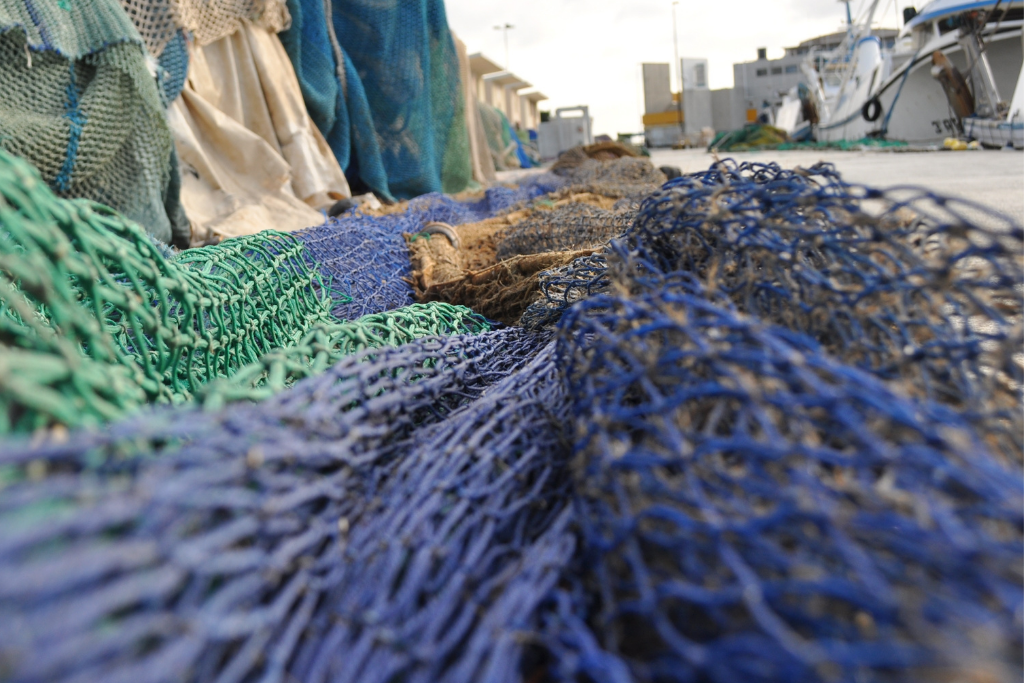
Energy Audit Case Study for Seafood Processing Company
Seafood Processing Company: West Cornwall
Client: West Cornwall-based Seafood Processing Company
Service Provided: Energy Audit by Community Energy Plus
Objective: Assess environmental impact and identify opportunities to improve sustainability
Background
Having already implemented a major sustainability upgrade, the company contacted us for an in-depth assessment of their environmental impact and to identify more opportunities for improved sustainability.
Audit Overview
The carbon audit included an in-depth assessment of the company’s s energy use and infrastructure, identifying practical actions that matched the scale and nature of the company’s operations.
The audit revealed a total annual carbon footprint of 127.44 tonnes CO₂e, with the primary sources being electricity consumption, oil use, and transportation.
The company’s forward-thinking strategy demonstrates how businesses in resource-intensive industries can successfully align environmental responsibility with financial performance. By making targeted investments in clean energy, energy efficiency, and smarter resource management, significant reductions in both carbon emissions and operating costs can be achieved.
Key Recommendations for further reductions
The company has already taken a significant step toward sustainability by installing solar panels that generate 100,950 kWh annually, resulting in a reduction of 20.9 tonnes of CO₂e and annual cost savings of £21,525.
Energy Optimisation:
-
Implement smart energy management systems to better align solar energy usage with operational demands.
-
Upgrade to energy-efficient appliances, particularly in refrigeration, heating, and hot water systems.
Transportation Improvements:
-
Transition the delivery fleet to electric vehicles (EVs). Estimated CO₂e reduction: 14.8 tonnes annually. Estimated cost savings: £7,400 per year
Facility Enhancements
-
Improve building insulation to reduce heating and cooling needs.
-
Install motion-activated LED lighting in low-occupancy areas.
- Explore battery storage solutions to store excess solar power for later use.
Resource Management
-
Introduce better waste sorting and recycling systems
-
Implement water-saving technologies to reduce consumption and operational costs.
Results and Impact
This case study highlights how targeted investments in clean energy, energy efficiency, and smarter resource management can significantly reduce emissions and operational costs. The seafood processing company’s proactive approach sets a strong example for how businesses in resource-intensive sectors can advance both environmental and economic goals.
At Community Energy Plus, we’re committed to making energy efficiency achievable for businesses of every size. Let us help you make your business more sustainable, efficient, and profitable. For more information or to arrange an energy audit, please contact our Business Energy Adviser at lowcarbon@cep.org.uk

